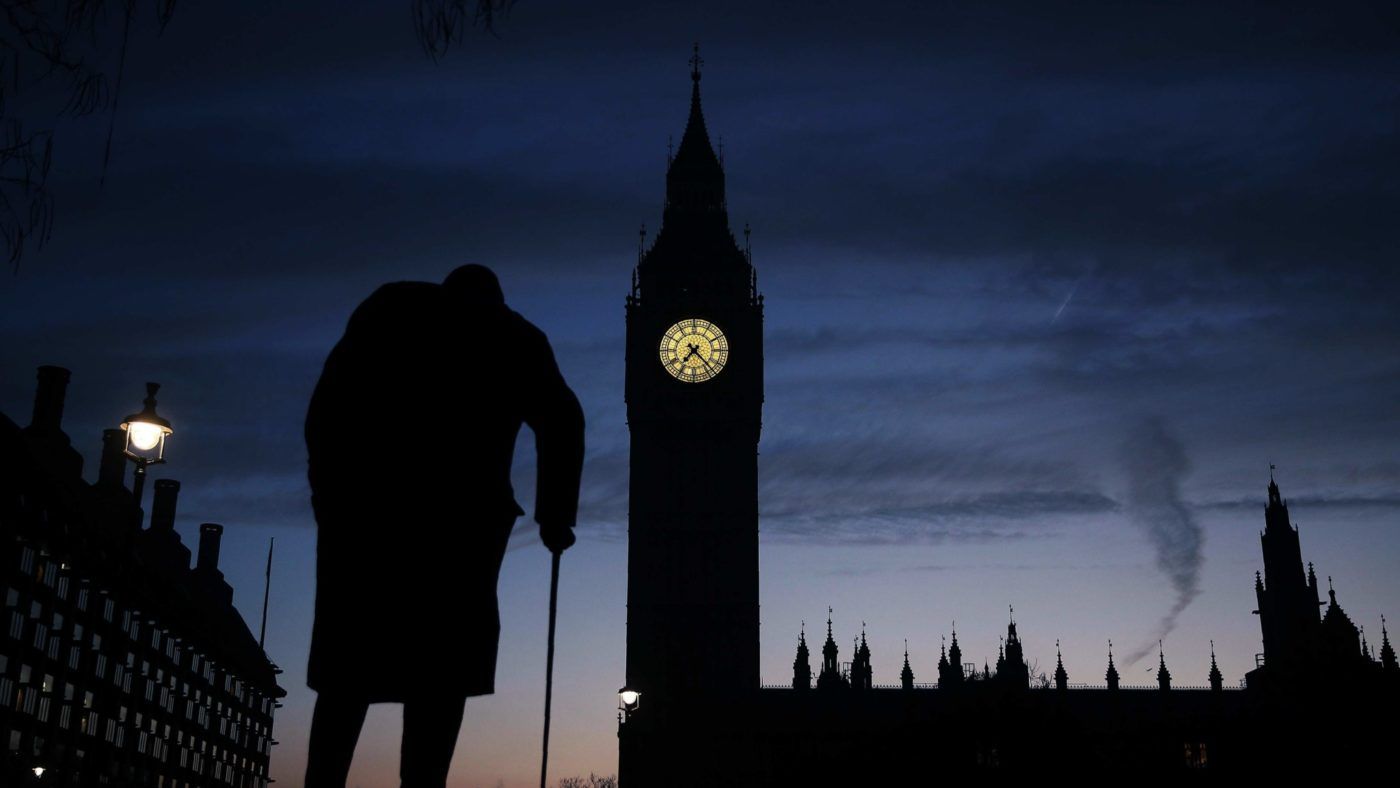When terrorists struck at the United States in 2001, they targeted the stock exchange, symbol of that country’s merchant success. Today, in the United Kingdom, they targeted Parliament.
“Parliament,” Enoch Powell used to say, “is a word of magic and power in this country”. Our national story is, in a sense, the story of a great hall on a bend in the Thames. Successive chapters in that story – the Reformation, the Civil War, the Glorious Revolution, the American Revolution – were experienced at least partly as parliamentary events.
As I write these words, we know almost nothing about the perpetrators’ motives. Few things are as ugly, in the aftermath of a terrorist attack, as commentators wanting the criminals to fit – or not to fit – a particular profile. The only things we can at this stage infer are, first, that the attackers were prepared to attack teenage tourists; and, second, that they saw Parliament as their chief target.
Whether that peculiar combination of inhumanity and political awareness makes them psychopaths or militants, we can’t yet say. The line between those two categories is not always as clear as commentators think. What we can say is that, for once, the phrase “attack on our democracy” is exactly apposite.
It is only natural to take things for granted. How many times have you walked past a police officer with nothing more than a mumbled greeting? Next time, remember that the copper you are walking past is prepared, if need arises, to place himself between you and a gunman.
Likewise, how many times have you complained about the uselessness of our MPs? Perhaps you have even repeated some tired jokes along the lines of “Guy Fawkes, where are you now that we need you?”
Those jokes were never especially clever. The reason we commemorate Guy Fawkes Night – the reason it is pretty much the only historical date that British people still remember – is that it marks the preservation of our way of life. It takes a real effort, in our light-polluted present, to imagine how dark England was in the 17th century, and to recapture the emotions that must have been stirred as people saw orange sparks cresting the downs, the beacons lit, for once, not as a warning of foreign invasion, but in celebration.
Guy Fawkes, too, had struck directly at our legislature. The plotters were not content with assassinating King James. They wanted to wipe out his MPs, too, and to set up a clerical absolutism in their place. Parliament, at least on one level, symbolised free speech, free association and free conscience.
On successive November 5ths, for more than four centuries, we have celebrated the supremacy of Parliament, knowing that that phrase is really a shorthand for the supremacy of the people.
And parliamentary supremacy cannot be exercised other than by elected representatives. They are our champions and our servants; and when they let us down, we implicitly let ourselves down. Try to remember that the next time you hear some sneering comment about the hopelessness of MPs as a group. The chief alternatives to MPs that have so far been tried are anarchy, fascism, the dictatorship of the proletariat, absolute monarchy or theocracy.
For some people, whether bad or mad, democracy is in itself a provocation. So much so, in a few cases, that they see Parliament as a place to be attacked. For the rest of us, that should be reason enough to want Parliament defended. In every sense.


